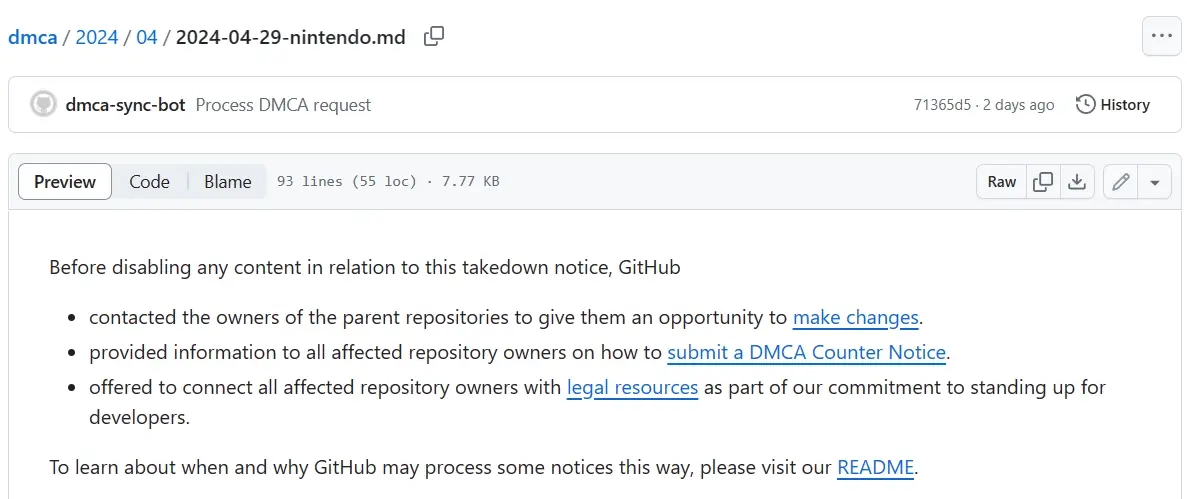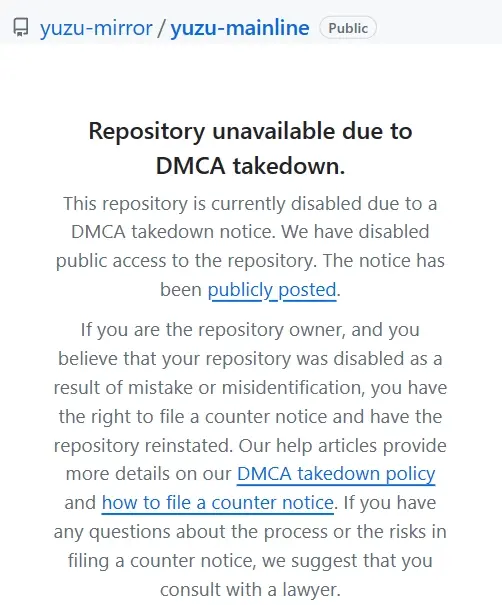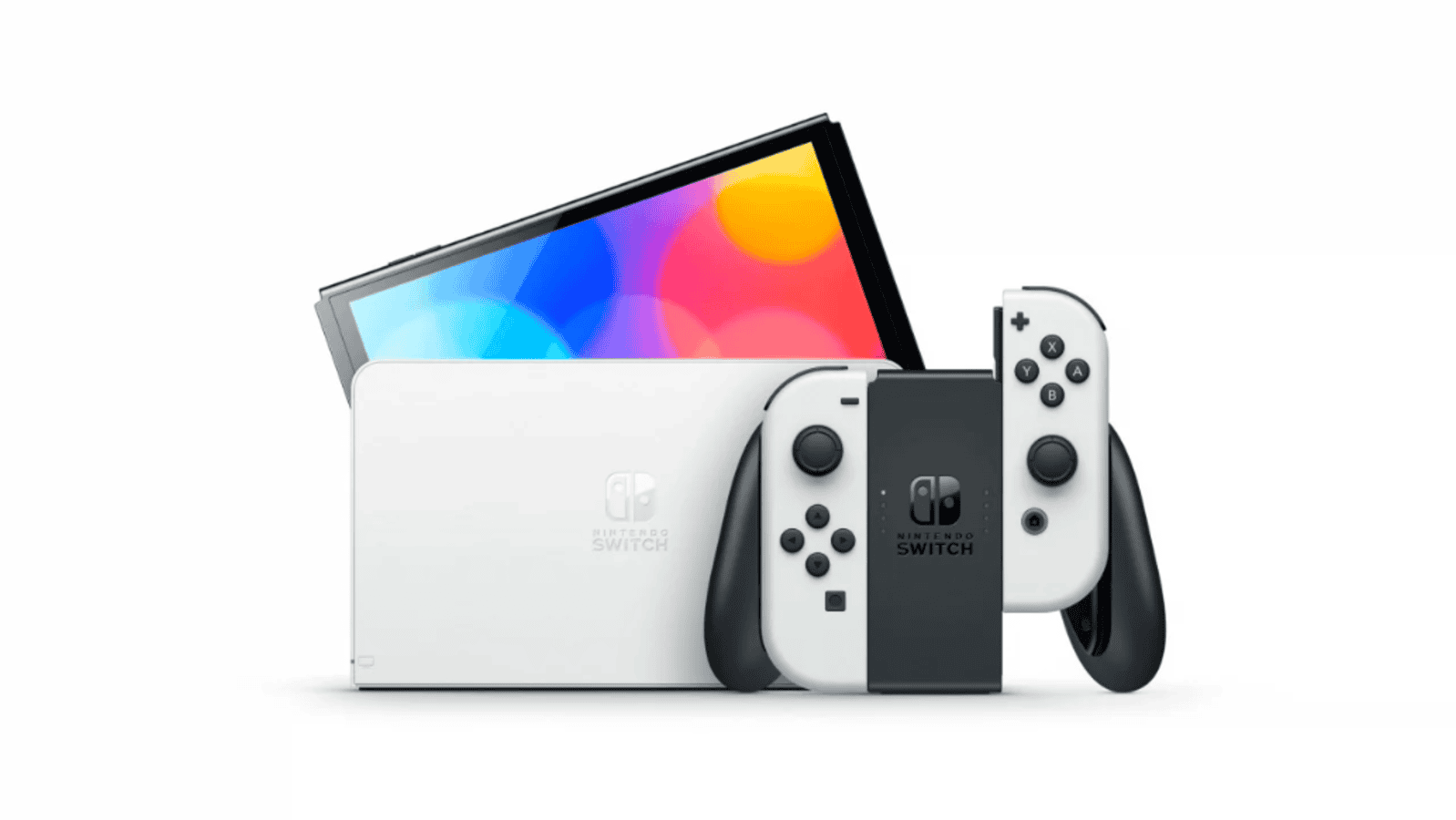In the realm of gaming emulation, the clash between developers and gaming giants like Nintendo has been a longstanding saga. The recent events surrounding the popular Switch emulator, Yuzu, shed light on Nintendo’s relentless pursuit to protect its intellectual property and thwart unauthorized emulation of its games. The saga began with Yuzu succumbing to Nintendo’s legal pressure, paying a hefty compensation of $2.4 million, relinquishing its domain name, and halting development permanently. However, the open-source nature of Yuzu paved the way for the emergence of “clone” emulators like Nuzu and Suyu, triggering a new wave of legal battles as Nintendo aimed to eradicate the Switch emulator.

The Resurrection of “Clone” Emulators
Following the demise of Yuzu, “clone” emulators such as Nuzu and Suyu surfaced, resurrecting the emulation scene and drawing Nintendo’s relentless pursuit to extinguish these new threats. Nintendo’s aggressive stance against these clone emulators underscores the company’s unwavering commitment to safeguarding its proprietary games and technical protection measures.
The resurrection of “clone” emulators represents a recurring theme in the realm of gaming emulation, characterized by the emergence of alternative emulation solutions following the demise of legal actions against popular emulators. These clone emulators often replicate the functionalities of their predecessors while introducing modifications or improvements to evade legal scrutiny or enhance user experience. The diverse examples of clone emulators, such as Quizard Resurrection, Bleach Soul Resurrection Game Save, and Alien Resurrection, underscore the adaptability and persistence of developers in the face of legal challenges and takedown efforts by companies like Nintendo.
Clone emulators serve as a testament to the resilience of the emulation community, showcasing the continuous innovation and evolution within the landscape of gaming emulation. Despite facing legal obstacles and copyright infringement claims, developers continue to create and distribute clone emulators to provide users with alternative avenues for accessing and playing games on various platforms. The proliferation of clone emulators reflects the ongoing cat-and-mouse game between developers and intellectual property owners, highlighting the complex interplay between technological innovation, legal frameworks, and the preservation of gaming heritage in the digital age.
GitHub’s Response to Nintendo’s DMCA Notice
On April 29, GitHub, a prominent platform for hosting code repositories, responded to Nintendo’s concerns by issuing a Digital Millennium Copyright Act (DMCA) notice. Nintendo identified over 100 repositories allegedly providing Switch emulators, prompting GitHub to take action by sending deletion notices to a staggering 8,535 similar repositories on the platform. The repositories in question were flagged for offering access to the Yuzu emulator or code derived from it, which Nintendo claims is primarily used for playing Switch games.

This demonstrates GitHub’s commitment to ensuring a fair and transparent process. It allows developers to address copyright concerns before the repositories are taken down. GitHub’s decisive action and clear communication stood in contrast to the criticism faced by other platforms like Discord and GitLab. This approach, while potentially contentious is a responsible and compliant way to enforce copyright law while maintaining an open dialogue with all relevant parties.
Nintendo’s Allegations Against Yuzu Emulator
Nintendo’s core argument against the Yuzu emulator revolves around the illegal circumvention of the company’s technical protection measures. It is also not happy with the unauthorized copying of Switch games. Central to Nintendo’s claims is the assertion that Yuzu utilizes unauthorized copies of proprietary keys, such as prod.keys. These keys are used to decrypt and run unauthorized Switch games or ROM copies without Nintendo’s authorization. This practice, according to Nintendo, infringes on the company’s intellectual property rights and undermines the integrity of its copyrighted games.
Nintendo contends that Yuzu’s technology allows users to play copyrighted games by utilizing decryption keys. These keys are obtained through unauthorized means, thus violating Nintendo’s copyright protections. The lawsuit filed by Nintendo against the creators of Yuzu emphasizes the emulator’s role in enabling piracy. There are specific instances where infringing copies of games, such as The Legend of Zelda: Tears of the Kingdom were circulated online and played using Yuzu.
Nintendo’s legal team argues that Yuzu’s development and distribution contribute to copyright infringement by users. This makes the emulator secondarily liable for the unauthorized use of Nintendo’s games. The allegations show Nintendo’s commitment to combating piracy and protecting its intellectual property rights. It also signals a firm stance against emulation practices that undermine the company’s commercial interests. It also reveals the integrity of its gaming ecosystem.

Implications of Nintendo’s Legal Actions
The legal actions taken by Nintendo against Yuzu and its clone emulators signify a broader effort by the gaming giant. Nintendo hopes to maintain control over its intellectual property and combat piracy within the emulation community. By targeting repositories hosting code related to Switch emulation, Nintendo aims to curtail the proliferation of unauthorized emulators. These emulators threaten the commercial interests of the company.
GitHub’s Compliance and the Future of Switch Emulation
GitHub’s swift response to Nintendo’s DMCA notice highlights the platform’s commitment to upholding copyright laws. It also shows that it wants to protect the rights of intellectual property owners. Developers face serious challenges in the emulation space. We can see this from the removal of thousands of repositories that have links with Switch emulation. Thus, there is a need for stringent enforcement of copyright regulations.
Conclusion
Nintendo’s ongoing crackdown on Switch emulators underscores the company’s unwavering stance against unauthorized emulation of its games. This is exemplified by the recent removal of 8,535 clone repositories on GitHub. The battle between developers and gaming giants like Nintendo continues. The future of emulation remains uncertain. There will always be legal challenges and copyright issues shaping the landscape of gaming emulation. However, the move by GitHub is applaudable.




